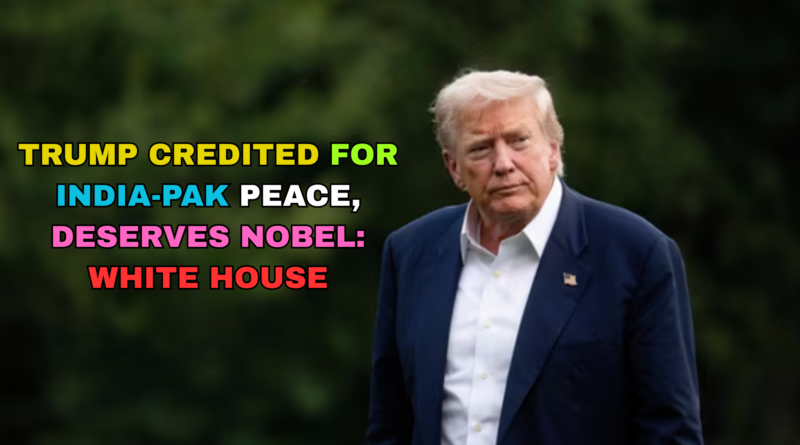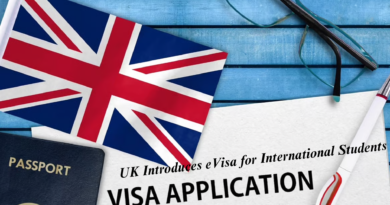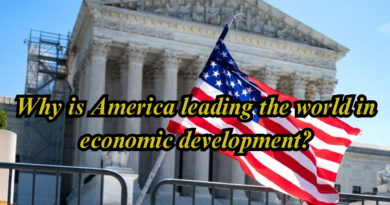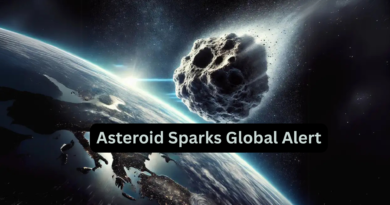TRUMP CREDITED FOR INDIA-PAK PEACE, DESERVES NOBEL: WHITE HOUSE
In a surprising statement that has sparked global debate, the White House Press Secretary announced that former U.S. President Donald Trump played a significant role in de-escalating international tensions, including the long-standing conflict between India and Pakistan. The statement went further, suggesting that Trump’s efforts in maintaining global peace and diplomacy merit recognition by the Nobel Peace Prize Committee.
The Press Secretary highlighted that during Trump’s administration, a number of high-tension situations were handled with strategic diplomacy rather than warfare. Among these, she claimed, was the 2019 Pulwama-Balakot episode between India and Pakistan, which brought the two nuclear-armed nations to the brink of full-scale war. According to her, Trump used back-channel diplomacy to urge restraint from both nations, helping to prevent the conflict from spiraling further.
While Trump has long touted his achievements in Middle East peace-especially the Abraham Accords between Israel and several Arab nations-this is one of the first times the White House has officially credited him with influencing the India-Pakistan dynamic. Critics are skeptical of this claim, noting the lack of public documentation linking Trump directly to the de-escalation efforts in South Asia.
The Press Secretary argued that the Nobel Peace Prize should not be limited to formal agreements but must also recognize behind-the-scenes interventions that avoid bloodshed. “President Trump’s peace strategies were often quiet but effective. He preferred tough talk backed by real diplomacy,” she stated. She also referenced his meetings with North Korean leader Kim Jong-un, emphasizing Trump’s hands-on approach to crisis management.
The comments have already drawn mixed reactions worldwide. While Trump supporters and some conservative groups praised the statement as long-overdue recognition, political analysts and international relations experts expressed doubts. Some argued that such claims require transparent evidence and input from the nations involved-especially India and Pakistan.
Indian officials have not officially responded to the White House’s assertion, though diplomatic circles in New Delhi appear cautious. Meanwhile, Pakistan’s reaction has also been muted, with some analysts noting that while U.S. influence often plays a role in South Asian diplomacy, giving sole credit to one leader oversimplifies complex regional dynamics.
This is not the first time Trump’s name has been associated with the Nobel Peace Prize. During his presidency, he was nominated several times, primarily for his work on the Abraham Accords. However, he never won. With the new claim of his role in South Asia, the conversation around Trump’s Nobel worthiness has been reignited.
Whether or not the Nobel Committee will take the suggestion seriously remains uncertain. But the statement has once again placed Donald Trump at the center of global political discourse. As he prepares for another possible presidential run, such narratives could strengthen his image as a global peacemaker in the eyes of his base.




